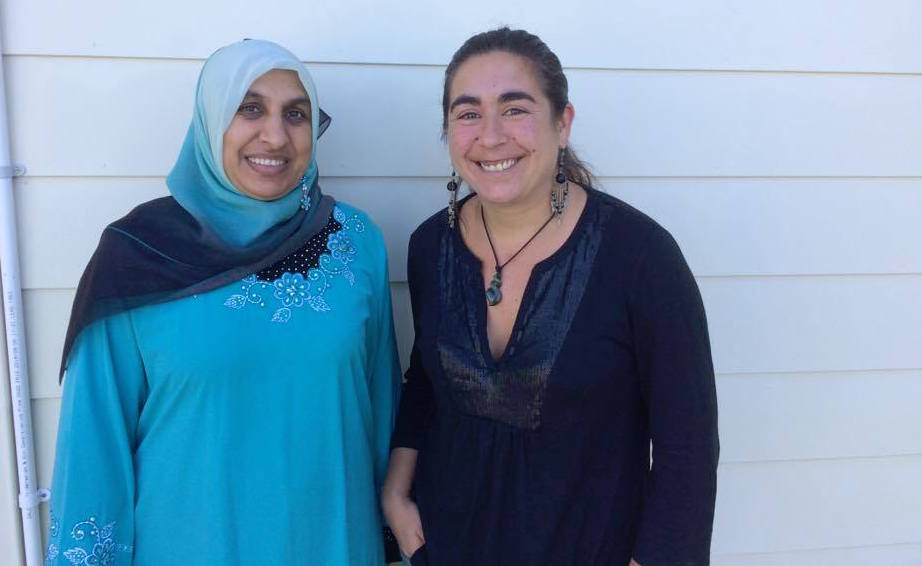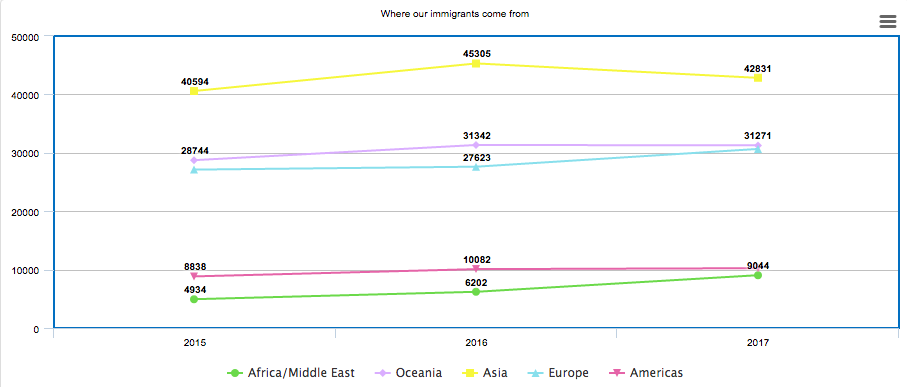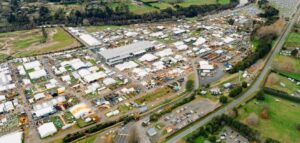Are immigrants the scapegoats for the 2017 elections?
As the 2017 NZ election draws closer, immigrants are worried they are being used as a scapegoat.

Immigrants are being unfairly treated as scapegoats in the run up to the 2017 election say spokespersons for a Hamilton ethnic women’s community organisation.
The comments come after Labour leader Andrew Little implied immigrants were partly to blame for the housing crisis, and strains on infrastructure, while immigration rules tightened yesterday under the National government.
Manager of Hamilton’s Shama Hamilton Ethnic Women’s Centre, Silvana Erenchun, said New Zealand needed to look at the systems in place regarding housing, and employment, rather then using immigrants as scapegoats during election time.
“We are not against the government trying to regulate how to do it (control immigration),” Perez said.
However, Perez said people often blamed migrants for taking their jobs, when in reality they should be looking at the system, and how that prevented them from getting the right skills.
Immigration minister Michael Woodhouse said immigration changes meant workers had to earn over $49,000 to qualify for a highly skilled visa, but only 42.5 percent of immigrants earn over this, and only 14 percent earn over $75,000, which automatically qualifies them.
Shama trustee Anjum Rahman, said the way New Zealanders spoke about immigration is what needs to change.
“It’s valid to discuss issues about immigration, but I think the way we discuss it in New Zealand hasn’t always been helpful,” Rahman said.
Rahman said if New Zealand was not willing to put the money into equipping young people with work skills, but was prepared to import migrant workers instead, then “obviously” New Zealanders might feel resentful.
“But their resentment shouldn’t be against the migrant workers it should be against the system that is not giving them the opportunities.
“Nobody is talking about the issue like that, they frame it so it’s just ‘oh, they’re coming and taking our jobs’,” Rahman said.
Recent elections in both the Netherlands and America were dominated by the topic of migrants, and the free flow of people from Europe was a leading factor in the British vote for Brexit.
Rahman said immigrants had become the punching bag. “[Immigration] becomes the issue that inflames everyone and gets everyone talking and gives them a common point to point their anger and dissatisfaction against.”
Rahman said policies should be targeting issues, rather than ethnic groups.
“You could have a policy that said you have to be intending to live in New Zealand, or living in New Zealand, before you buy a house. You could talk about that policy without bagging particular countries, or particular groups of people,” Rahman said.
She said New Zealand was under resourced and could not cope with many more migrants who could create a strain on services such as housing.
However, investing more into housing, and training for young people, would solve more problems then kicking a certain group of people out.
“This notion is of creating this pool of people that the rest of the population can resent, instead of resenting the power structures and the way society is structured.”
Rahman and Perez want to change the rhetoric, saying New Zealanders often see migrants in terms of colour or culture, and their supposed fit with New Zealand’s perceived way of doing things.
“You see people with white skin who are migrants, and then when locals are talking about this immigration and this person is like ‘I’m a migrant’ they say ‘we don’t mean you, you’re the right kind of migrant’,” says Rahman.
There has been a 45.8% increase in immigrants coming to New Zealand from Africa and the Middle East, with 9,044 people from there arriving here in the year ending in March. As well, 42,831 people from Asian countries immigrated here, closely followed by people from Oceania (31,217, down 0.4%) and Europe (30,664, up 11%).

Shama Hamilton Ethnic Women’s centre supplies support, advocacy and programmes for ethnic women, run by ethnic women.




